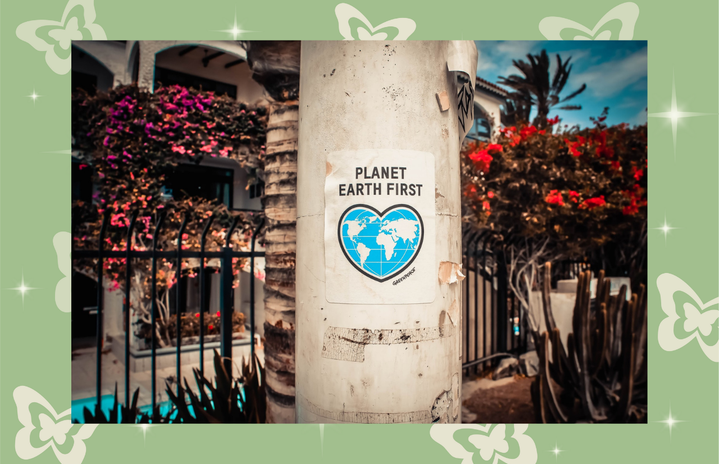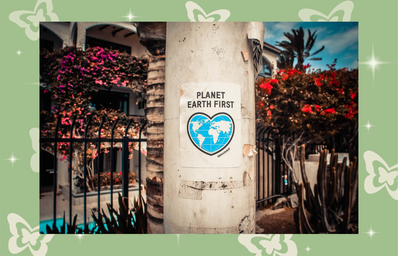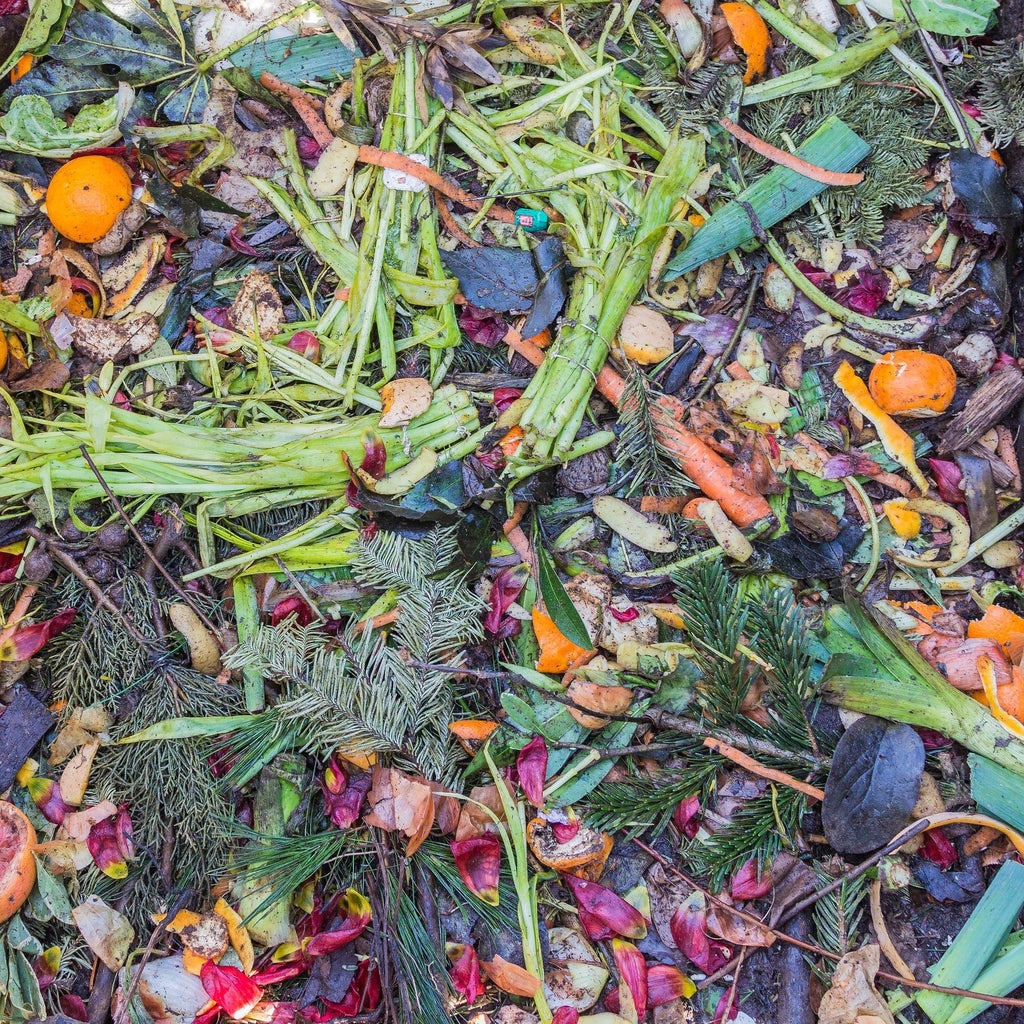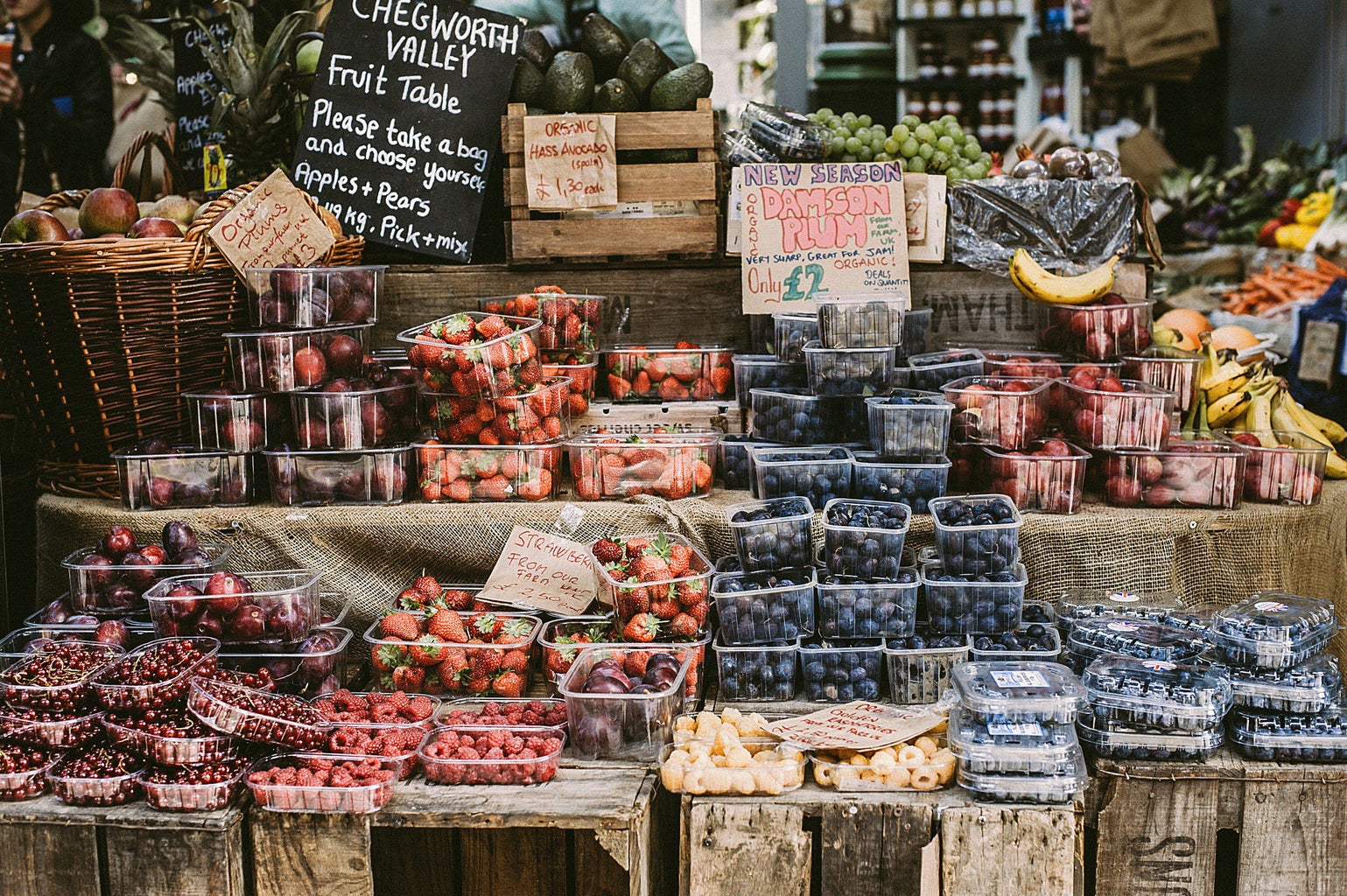Finding ways to change your lifestyle to be more sustainable can feel overwhelming. In college especially, you may not have access to as many resources that promote sustainable living, and it’s often costly to buy sustainable products as they are more difficult and expensive to make. So, as a “broke college student”, I often find myself going for the mass-produced item first just to save money, which is a habit I’m just now starting to break my senior year (as a side note, sustainable products are typically made to last longer, so you’re saving more money down the road!).
To put it simply, navigating a greener lifestyle in college is difficult. However, there are easy changes you can make for it to be possible, and it’s better to try than not to try at all. You don’t have to tackle the 100% zero-waste living right away to still make an impact on helping the planet.
Reusable water bottles and cups.
This is an easy one, and I’m sure almost every college student has access to these things. In general, having a reusable water bottle is a campus must-have to stay hydrated throughout the day, and by using one you’re also reducing your waste by staying away from single-use plastic water bottles. You can also invest in an insulated coffee tumbler or reusable cup to bring to Starbucks or the campus coffee spots to avoid using their single-use cups. Many Starbucks and coffee shops will refill your cup instead of using their own, and some have even offered discounts to customers who bring their own cups.
Reusable bags.
This is another must-have that’s cheap and easy to find. I never leave to go grocery shopping without having my reusable bags with me, partly because of Boulder’s bag tax, but mainly because plastic bags are so difficult to recycle and they take hundreds of years to decompose. They also release a toxic substance into the soil while under the sun, and, when burned, they pollute the air. Not to mention they bring harm to wildlife as well, as animals often confuse the bags as food, which then blocks their digestive processes. So overall, just try to avoid them. You can buy reusable bags online, or at many other general stores like Target, and some grocery stores like Trader Joe’s and Sprouts.
Besides just reusable shopping bags, you can also purchase reusable produce bags instead of using plastic bags in the store for your fresh fruits and veggies. There are also reusable gallon, sandwich, and snack bags that are great to replace Ziploc bags with, and are perfect for traveling or bringing lunch to campus and work.
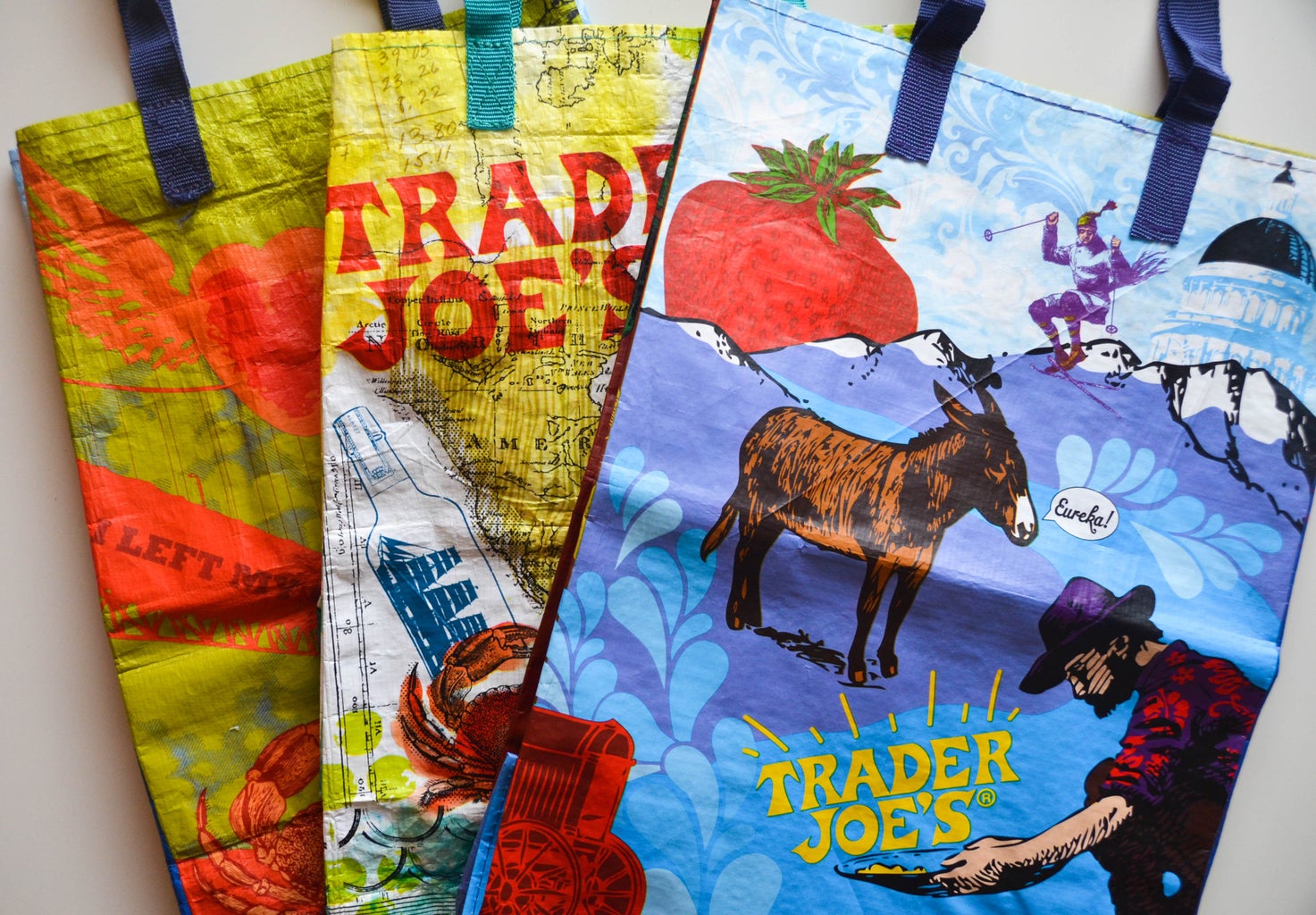
Reuse and recycle.
It’s so important to get into the habit of recycling. Many dorms should come with a recycling bin, and buying one for your off-campus apartment is cheap and easy. However, it’s important to know what can and can’t be recycled because when you put something in the recycling bin that can’t be there, the whole load may be dropped off in a landfill doing more harm than good. So pay attention to labels and brush up on the rules of recycling. Here’s a great article to read for some recycling tips!
There are also so many items you can reuse before throwing them away to reduce the waste you’re producing. One of the easiest things to reuse is leftover boxes from restaurants to use as Tupperware containers (my roommates and I do this religiously). You can also reuse jars (like pasta sauce jars) as desk organizers, for bathroom storage, or for food preservation. What I’ve been doing lately is reusing the containers my candles come in. Once I burn through the candle, I put it in the freezer if there’s any leftover wax, and once it’s frozen the wax easily pops out. Then just wash it and it’s ready to go. Get creative!
Reduce your food waste.
First off, don’t throw away leftovers! I live for having leftovers the next day because it’s so easy to just reheat and eat as a snack or a meal, and my lazy soul appreciates it. If you don’t want to keep leftovers or have a problem with food going bad before you can eat it, look into composting. CU Boulder has many accessible composting bins in the dining halls, residence halls, and academic buildings, so definitely make use of them. Or, if you’re feeling adventurous, you can look into creating your own composting system that can be tailored to your living space. Food waste is a huge component of climate change because when it sits covered in landfills, it releases methane gas into the atmosphere, so reducing it when we can is so important. Just make sure to pay attention to what can and can’t be composted!
Walk or bike when possible.
Cars contribute to our air pollution because of the fuel, which consists of carbon dioxide, nitrogen dioxide, and particulate matter. All of these things negatively impact the health of the planet and contribute to climate change, so the less time we spend driving, the better off our planet’s health (and our own) will be. If more people start walking and biking more, this will lead to the need to create more green spaces, it will boost biodiversity in plants and animals, and it will inspire others to do the same. It’s also great exercise and promotes a healthier you.
Boulder’s BCycle system is great for those of us who don’t own a bike (me included). If you’re a student, you can sign up for free and receive unlimited 30 minute bike rides, and for those who aren’t students, you can either pay each time you ride or buy one of their many pass options. They also have an easy-to-use app showing you where all the stations are and how many bikes are at each. Seriously, the BCycles were the best thing I discovered during my time at CU.
Thrift.
Discovering the world of thrifting honestly changed my life. I remember going into Goodwill not knowing what to expect, and then walking out with so many items for under $20. Not only is it good for the environment, but at certain thrift shops (like Goodwill or Salvation Army) the prices will be cheaper than buying from other, fast-fashion retailers. Many places also have thrift shops with clothing that’s been diligently sorted through for higher-end brands and quality. Seriously, getting into thrifting is worth it. The fashion industry is one of the most polluting industries, and fast-fashion retailers not only contribute to so much of the waste in landfills, but it’s also an industry where the exploitation of women and children’s labor is common. So buying secondhand from local thrift shops or upcycling your current clothes is a great way to reduce waste and give your money elsewhere. If going into stores isn’t your jam, there’s also several secondhand online clothing sites like ThredUp, Depop, and Poshmark you can browse. Also, donate or sell your clothes instead of throwing them away! Someone else will find a use for them.
Not only are local businesses and farmers markets often more accessible (meaning you can walk or bike instead of drive there), you’ll also be reducing your food miles and getting fresher produce. When you shop at a grocery store, most of the food has had to travel hundreds of miles to get there via plane or truck (which contributes to a large carbon footprint), versus the goods that are bought locally which have been produced right in the community. This also means you’ll be eating fresher produce that is often organic, hormone-free, and pesticide-free.
Use bars of soap.
80 billion plastic bottles are thrown away annually, and that’s from shampoo and conditioner alone. An easy way to reduce your plastic bottle waste is to look into, not only body bar soaps, but shampoo and conditioner bars as well. Bars of soap last up to two-five times longer than soap in a plastic bottle because it’s condensed, so even though bars of shampoo are a little more expensive, it’s more cost-effective in the long run.
Meatless Mondays.
If adopting a full vegetarian diet isn’t in the cards for you right now (and that’s 100% okay), consider doing meatless Mondays (or any one day of the week) to not consume any type of meat product. The industrial meat system requires a huge amount of land to function, which has led to human-caused wildfires and deforestation. It’s also an industry responsible for killing wildlife, human rights abuses, and land-grabbing. And if that wasn’t enough, the climate impact is huge. To put it in perspective, “if every American skipped one meal of chicken per week and substituted with vegetables and grains, it would be like taking more than half a million cars off of U.S. roads in terms of reducing carbon dioxide emissions”. By committing to even just one day a week of not eating meat, you’re doing so much to reduce your personal carbon footprint.
Unplug.
We all know about the importance of turning off the lights whenever they’re not in use or needed, but it’s also important to unplug any electronics you’re not using either. Many of us keep our TVs, computers, and other appliances plugged in 24/7 without thinking twice about it, but electricity use is another large contributor to climate change and carbon emissions. So next time you leave your house for vacation or just on the day to day, check to see if there’s any electronics you can unplug before you go.
Living sustainably looks different to everyone, and it doesn’t have to be hard. Even by making small, simple changes you’ll be impacting the environment in a positive way and doing more than doing nothing at all. A great site to visit to get started on your sustainable living journey is Climate Hero. It calculates your personal carbon footprint through a short questionnaire, and then offers you ways to reduce it. The biggest thing to remember is consistency. So make sure you’re making choices that are sustainable for you too, so you can stick to this lifestyle for the long-run.
